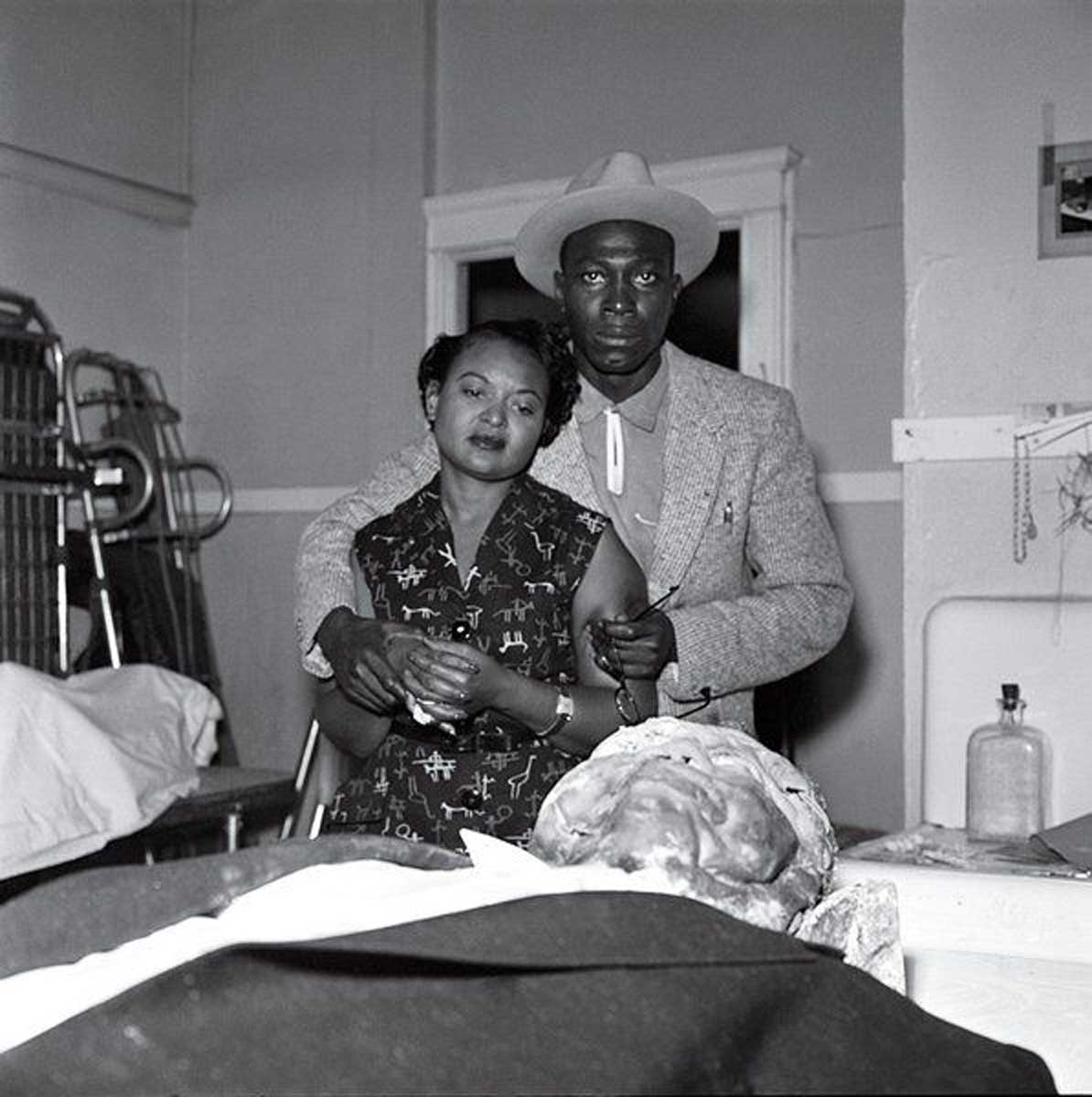Miss. court says OK to one case, no to another
Published 11:35 pm Thursday, May 1, 2008
JACKSON (AP) — The Mississippi Supreme Court agreed Thursday to hear an appeal from convicted murderer Anthony Terrell Booker, who wants a new trial in Jackson.
However, justices denied a similar petition from Towander Denise Broadhead, in a separate murder case.
Booker was sentenced to life in prison for the kidnapping, robbing and killing of an Escatawpa man for his Social Security disability check. The state Court of Appeals upheld his conviction in 2006.
Booker, then 17, was convicted in Jackson County in 2004 in the death of Dorian Johnson, an instructor at Keesler Air Force Base and a Navy retiree.
Booker was the first of four teens to be tried in the capital murder case.
Prosecutors said the teens attacked and beat Johnson, who was partially paralyzed, at a park in Pascagoula. Johnson, 52, was killed on a dirt road near Mississippi 57 in Vancleave.
Johnson was reported missing New Year’s Eve 2002. Police found his body Jan. 6, 2003, on an abandoned logging road in Vancleave.
Prosecutors did not seek the death penalty in the case.
The Appeals Court rejected Booker’s claims that prosecutors kept blacks off his jury, that his right to a speedy trial was violated and that a videotaped confession should not have been allowed as evidence.
In the other case, Broadhead was convicted in 2006 and sentenced to life in prison for beating her 5-year-old son to death. The Appeals Court upheld Broadhead’s conviction in 2007.
Broadhead’s daughter testified in Warren County Circuit Court, where the trial was moved from Jackson County, that the Escatawpa woman beat Kenderick Broadhead on the day of his death in 2004, using a belt, a book, a broomstick and a plastic rod used to open blinds.
Broadhead testified that she did not realize the boy was injured and only meant to correct the child, who kept missing 16 as he tried to count to 20.
The Appeals Court rejected all of Broadhead’s arguments, including one that challenged the trial judge’s decision to let the jury see autopsy photographs of the child. The court said the photographs were of value to the jury because of conflicting testimony about the child’s injuries.
‘‘The photographs clarified exactly what happened to Kenderick in that they show the incredible severity of the beating that Kenderick suffered before he died,’’ the Appeals Court said.
AP-CS-05-01-08 1524EDT





